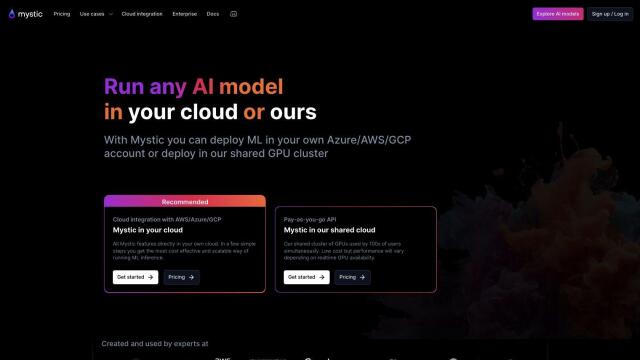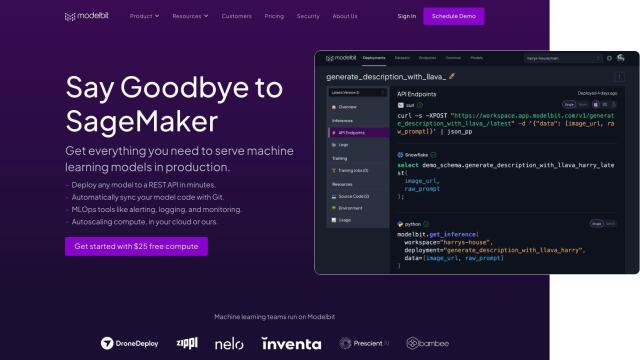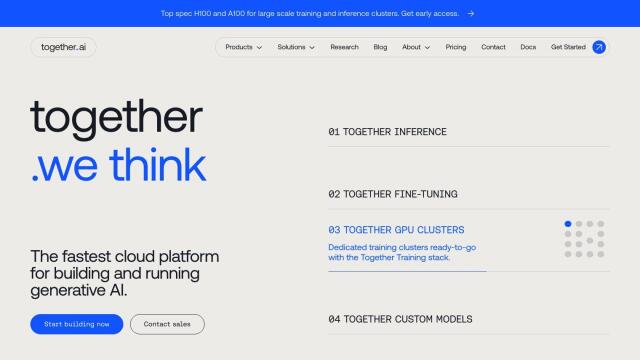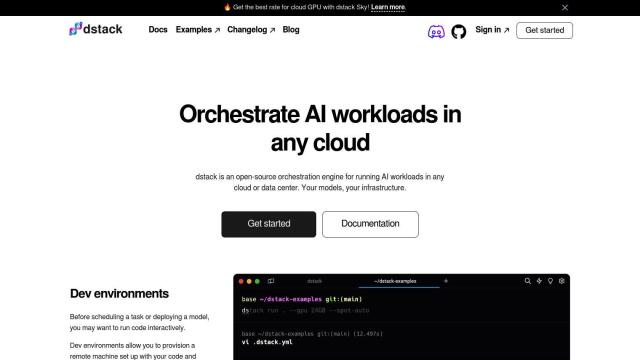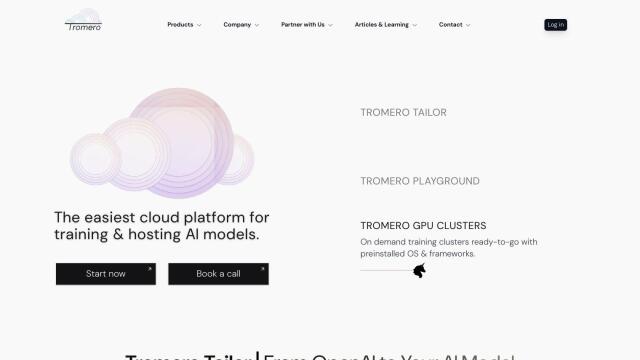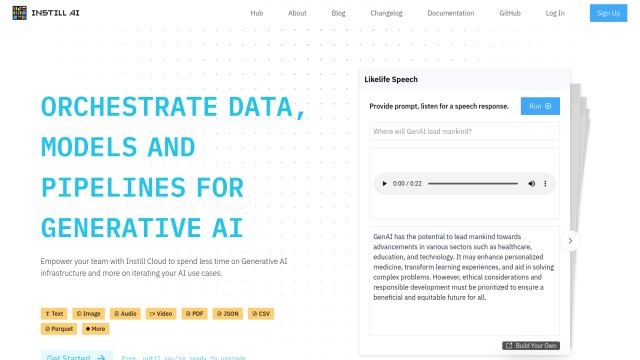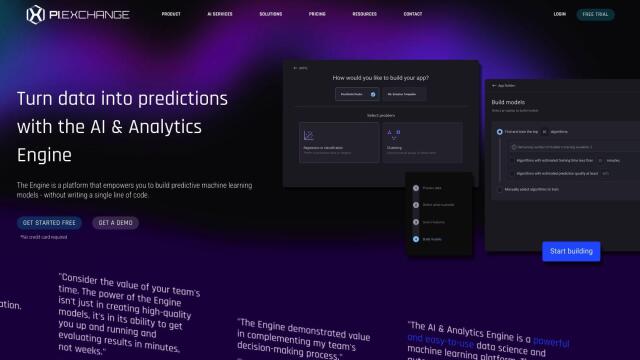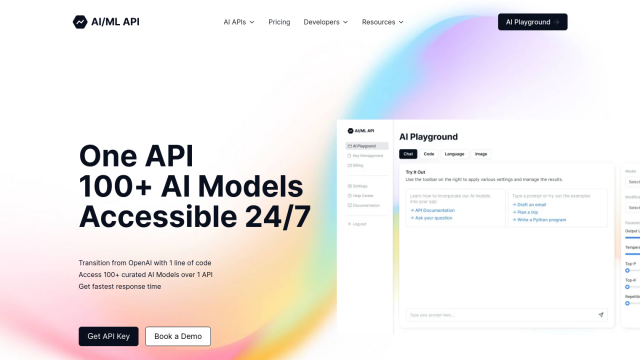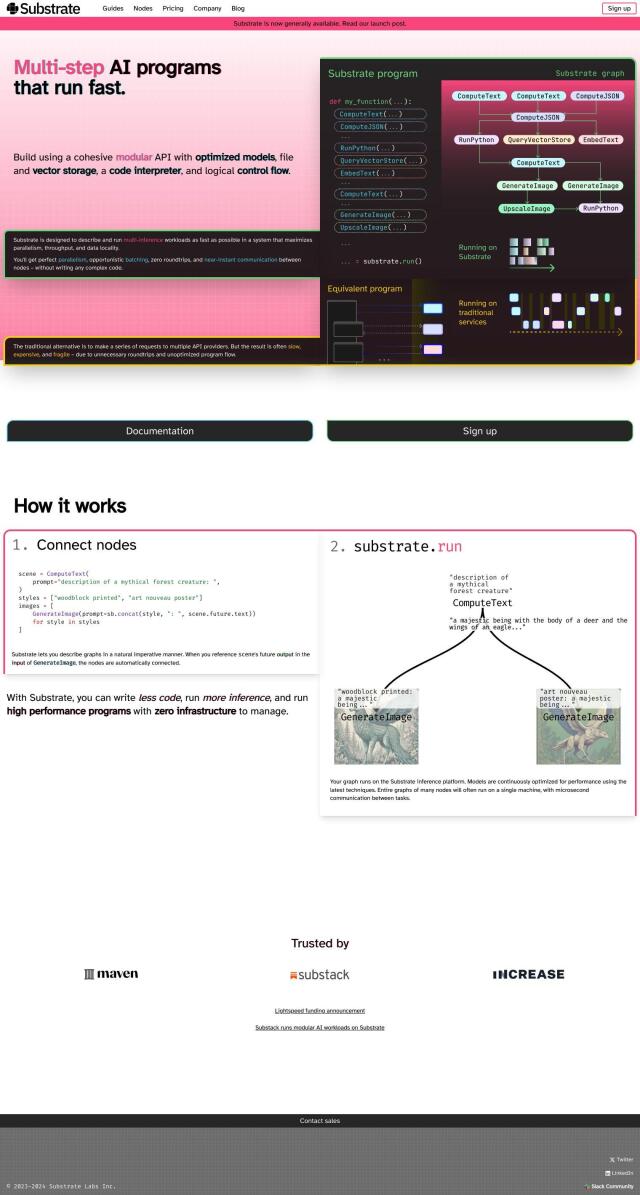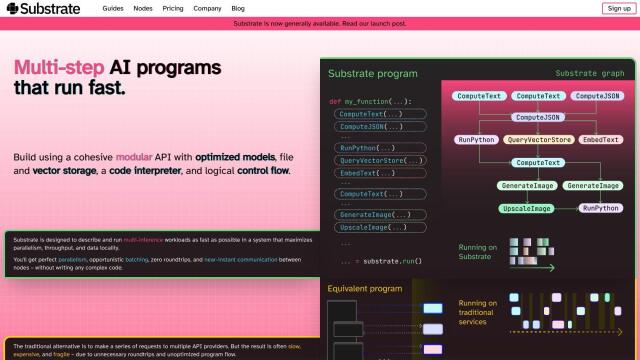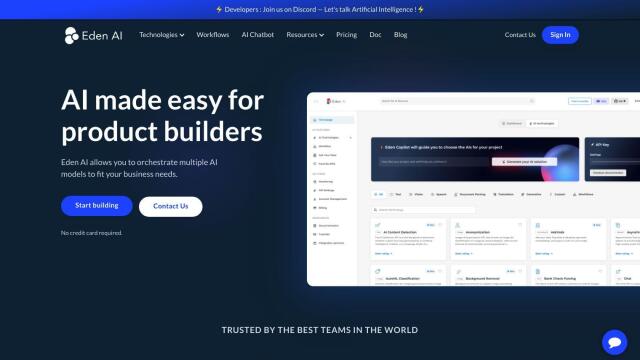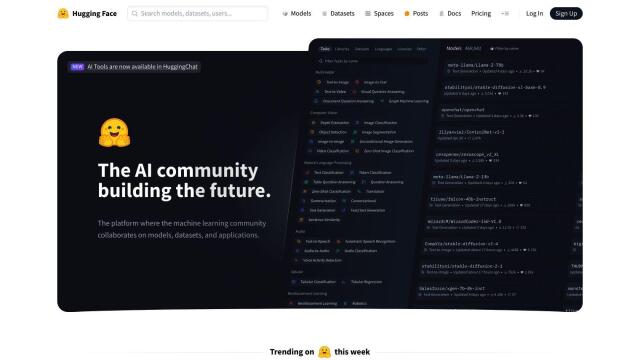

Anyscale
If you're looking for another Mystic replacement, Anyscale is worth a serious evaluation. It's a service for developing, deploying and scaling AI software with top performance and efficiency. Based on the open-source Ray framework, Anyscale supports a broad range of AI models and has native support for popular IDEs and persisted storage. With features like cloud flexibility, smart instance management and heterogeneous node control, you can also save money with spot instances.

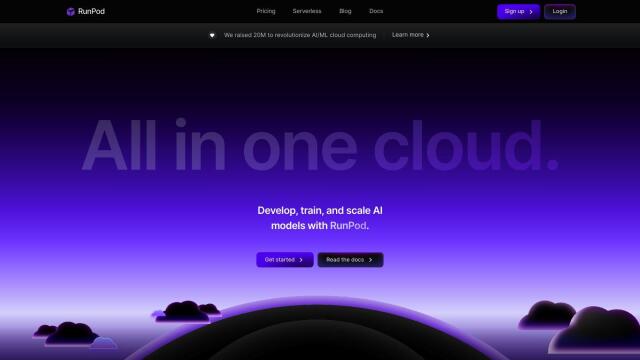
RunPod
Another good option is RunPod, a cloud service for developing, training and running AI models on a globally distributed GPU cloud. RunPod offers serverless ML inference with autoscaling and job queuing, and supports more than 50 preconfigured templates for frameworks like PyTorch and Tensorflow. The service also comes with a CLI tool for easy provisioning and deployment, making it a relatively easy service to use for GPU-hungry jobs.


Salad
Salad is another option for deploying and managing AI/ML production models at scale. It's a low-cost way to tap into thousands of consumer GPUs around the world and supports a variety of GPU-hungry workloads like text-to-image and speech-to-text. Salad has a simple user interface, multi-cloud support and industry-standard tooling, so it's a good option for those who want to scale their AI projects without a lot of fuss.

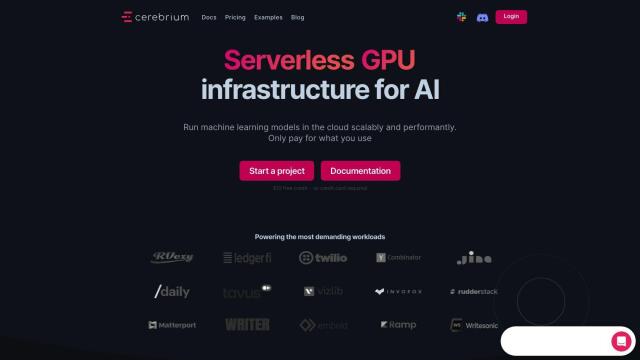
Cerebrium
Last, you could consider Cerebrium for a serverless GPU infrastructure that's good for training and deploying machine learning models. With pay-per-use pricing, 99.99% uptime and real-time monitoring, Cerebrium promises low latency and high performance. It also supports a range of GPUs and infrastructure as code, so engineers can easily manage and scale their ML workloads.

